PRESS RELEASE – EAA AVIATION CENTER, OSHKOSH, Wisconsin — (June 9, 2021) — Federal Aviation Administration policy interpretations on flight training arising out of a recent court decision will have a chilling impact on general aviation safety and create a bureaucratic nightmare for pilots and federal officials, according to numerous GA groups including the Experimental Aircraft Association.
In a letter sent to FAA Administrator Stephen Dickson, the groups called the policy changes “unnecessary and unwarranted guidelines based on irrational legal positions” and called for the FAA to immediately revise the policy to prevent degraded safety in flight training and unnecessary legal battles. The combined groups noted that they are “prepared to use all available means to ensure this situation is corrected as soon as possible.”
“Why the FAA would want to diminish the flight training that made the U.S. aviation system the safest in the world boggles the mind, but that’s what these new policies will do,” said Jack J. Pelton, EAA’s CEO and chairman of the board. “For years, the FAA has correctly stated that training in the specific make and model of aircraft to be routinely operated, with a well-qualified instructor, is the best training. These policies would unnecessarily limit that access and measure of safety.”
The GA groups noted four specific areas where safety would be diminished or bureaucratic backlogs created:
- Prohibiting owners of experimental aircraft from receiving flight instruction in their own aircraft without specific FAA permission to do so in the form of a Letter of Deviation Authority (LODA): With nearly 40,000 experimental category aircraft on the registry, Flight Standard District Offices would quickly be overwhelmed by applications for a LODA where there is no legal requirement to have one. That creates an additional barrier to aviation safety and is contrary to FAA’s own mission.
- Prohibiting owners of more than 300 limited category aircraft from receiving flight instruction in their own aircraft with specific FAA permission in the form of an exemption: Never before has the FAA required limited aircraft owners to obtain an exemption to be trained in their own aircraft, nor is there a legal requirement to do so. This change will not further aviation safety.
- Prohibiting owners of primary category aircraft from receiving flight instruction in their own aircraft without specific FAA permission to do so in the form of an exemption: The FAA does not have policy in place to issue such an exemption and it is unknown how long it would take to issue such exemptions.
- Limiting access to flight training in a specific make and model of an aircraft: The FAA must issue a policy affirming the pathways that allow owners to obtain training in their own aircraft. To not do so creates an immediate and significant hindrance to flight safety.
The policy grew from a cease-and-desist order from FAA to Warbird Adventures in Kissimmee, Florida, to which a U.S. Court of Appeals issued an unpublished opinion that allowed the order to stand. EAA and other aviation groups filed an amicus brief cautioning the court to narrowly tailor its decision consistent with historic FAA policy preventing compensation for aircraft use in training. That would stop negative consequences on a wide range of flight instruction activities provided to owners in their own aircraft.
“What the FAA has done here is exactly the negative effects we in the GA community had warned about when we filed the amicus brief, regardless of the particulars of that specific case,” Pelton said. “The agency has not only created great confusion in the flight training community, it has countered its own mission that emphasizes safety. It’s important that the FAA revisit this immediately and not enforce any new policies until this is resolved.”







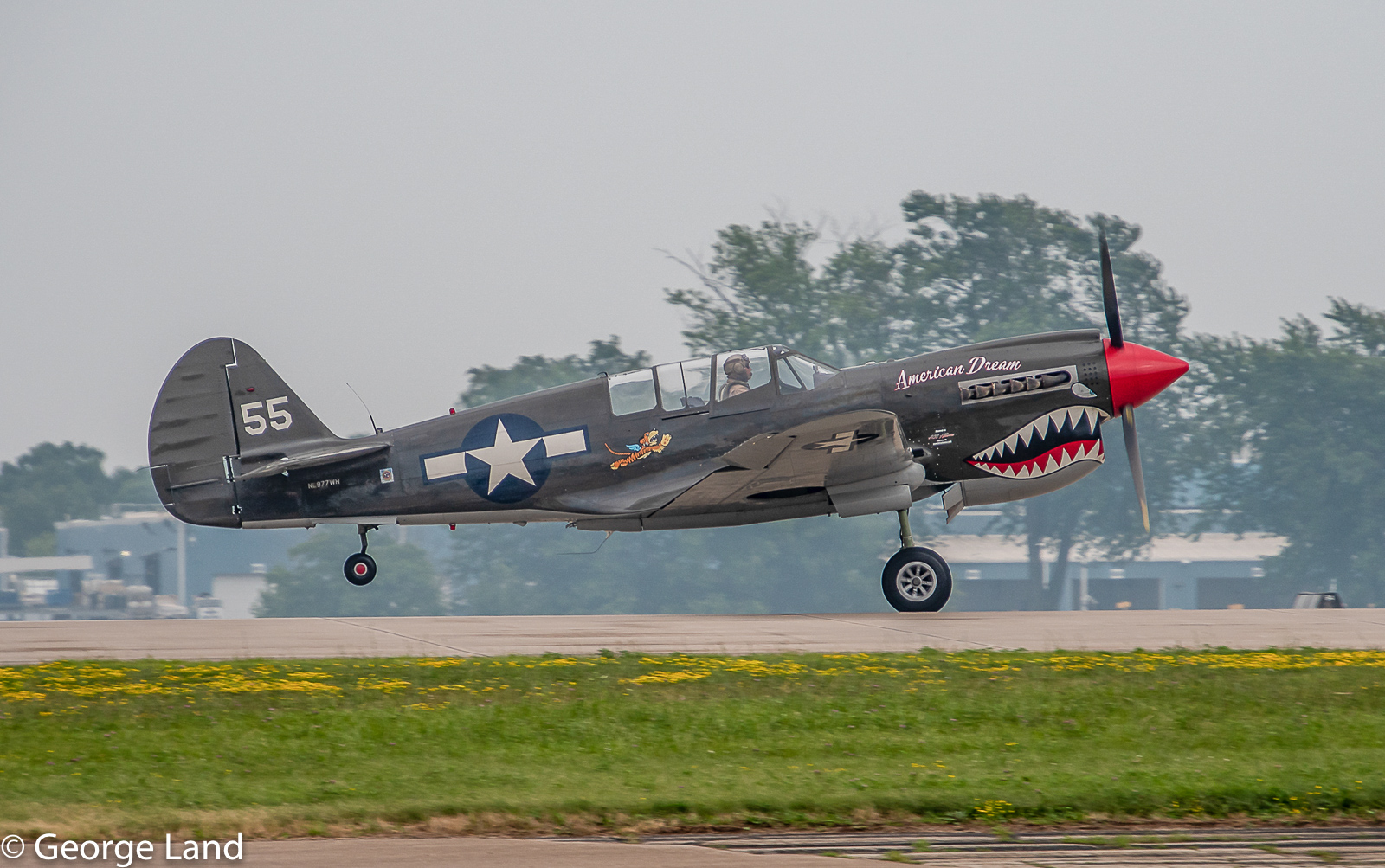



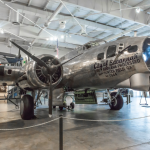
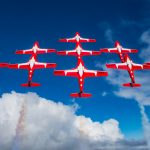
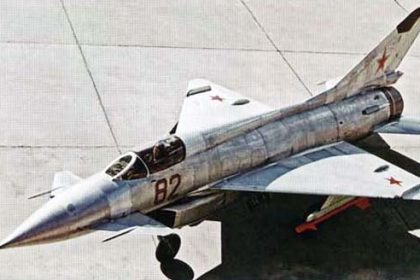
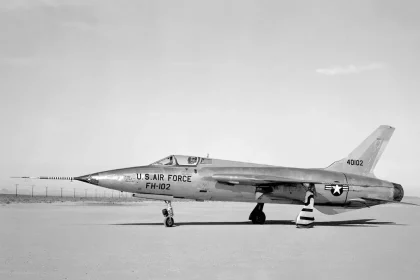
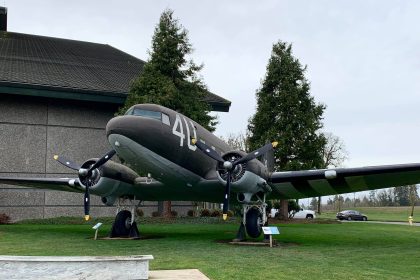
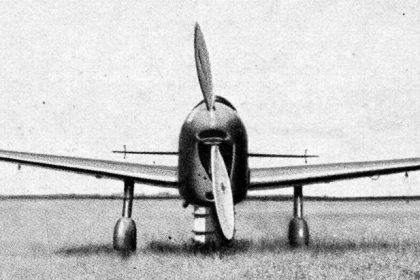
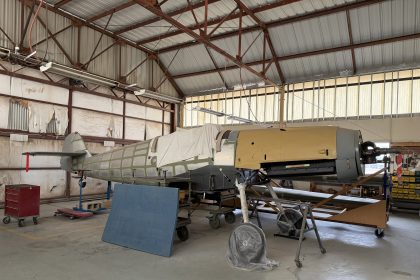

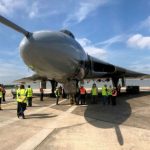
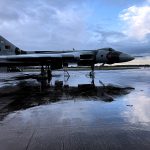
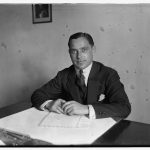
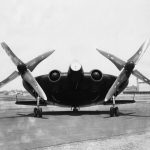



I retired in 2012 from the FAA after 25 years as an air traffic controller. I my last few years, I was amazed at the incompetence, ignorance and total misunderstanding of aviation displayed by the “leadership” at the FAA regional and national levels. These offices have been filled using the “screw up move up” or the need to fill quotas and it has become a disgrace and another totally useless government agency. FAA motto “We’re not happy until you’re not happy”